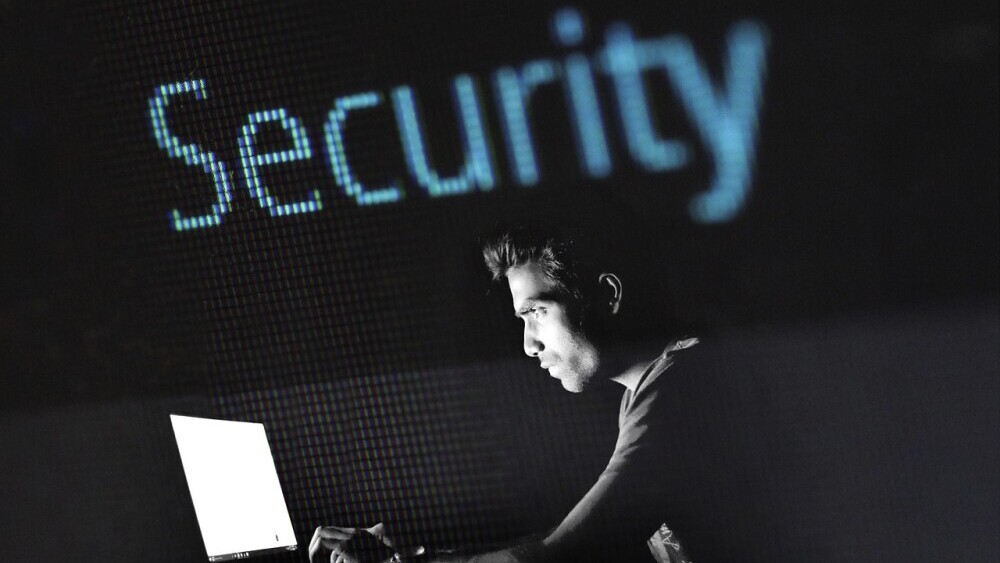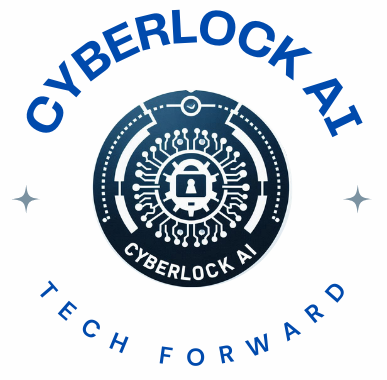 Hackers, the mysterious figures of the digital world, often get boxed in with stereotypes. One of the biggest? The idea that hackers are always young. Think about it. When most people picture a hacker, a young tech prodigy hunched over a keyboard probably comes to mind. But is that the real deal? I’m here to say, not exactly.
Hackers, the mysterious figures of the digital world, often get boxed in with stereotypes. One of the biggest? The idea that hackers are always young. Think about it. When most people picture a hacker, a young tech prodigy hunched over a keyboard probably comes to mind. But is that the real deal? I’m here to say, not exactly.
A hacker, at its core, is someone skilled at manipulating systems and finding creative solutions to problems. Their age isn’t a skill but a number. Sure, the youthful image of hackers is popular, mostly thanks to movies and media. But hacking’s history tells a more varied story.
Let’s take a little tour back in time. In the early days of computing, the so-called ‘hackers’ were often older, experienced tech workers. Gerald L. Selbee, who hacked the lottery system, was in his 60s! And look at John Draper, AKA Captain Crunch. He was well into middle age when he made waves in the hacking community.
Now, these myths about youthful hackers only scratch the surface. There are loads of talented individuals known for their skills outside the young age bracket. These folks show us that savvy, creativity, and a knack for technology don’t come with a specific birth date. Understanding this helps change how we see the potential in hackers of all ages.
Let’s dig deeper into these stereotypes and the talents that hackers bring to the table, regardless of whether they’re fresh-faced or grey-haired.
Myth 1: Young Hackers Are the Only Innovators
When folks assume that all the fresh tech magic comes from the young, they’re missing out on some serious know-how from the older, experienced crowd. Innovation isn’t the exclusive playground of the young. It’s more about curiosity, that spark that makes you tinker and explore, than a birth certificate.
Back in the day, tech legends who shaped the cyber world were not teenagers. They brought wisdom and life experiences to the table, something you simply can’t get from coding alone. Take for instance the creators of the modern internet, who were seasoned professionals when they laid down the wires and protocols that connect our world today.
Let’s not forget about the older innovators who are still pushing boundaries in cybersecurity. They’re the ones who often see pitfalls and opportunities that younger folks might miss. Their life experience gives them a unique edge, like understanding how people think and how those thoughts can create digital loopholes. Hackers like Susan Headley have proven that age doesn’t slow you down when it comes to creative thinking and complex problem-solving.
So next time you think innovation belongs only to the young, remember that every age has brought its pioneers to the table. The mix of youthful energy and seasoned insight is what truly drives our technological future forward.
Myth 2: Experience Comes with Youth, Ignoring Older Experts
Contrary to the flashy image of young hackers navigating the matrix-like cyber grid, seasoned experts bring their own hefty dose of experience to the game. Experience isn’t just tied to age, but let’s be real—more years often mean more hands-on time solving problems and navigating challenges.
Think about it like this: while young hackers might bring fresh ideas and a new perspective, experienced hackers have seen digital trends come and go. They understand how these things cycle and often anticipate where technology is headed before others do.
Older experts had their hands on some of the earliest tech gadgets, which means they’ve adapted as things evolved. They learned not just the “what” but the “why” behind how systems work. When it comes to digging into complex systems or outsmarting a cyber threat, this depth of knowledge can be a game-changer.
Let’s compare it to cooking. You can be a wizard in the kitchen with just a few years under your belt, but there’s an elegance and intuitiveness in a chef who has decades of experience. In hacking, the seasoned pros grasp the layers of complexity, much like a master chef creates flavors that a novice can’t muster.
This crossover between youthful skill and experienced wisdom suggests that hackers don’t have to be young to be effective. Diverse age groups can work together to protect systems from savvy cyber villains, drawing on the strengths of each to cover every angle.
Breaking the Mold: Real-World Examples of Older Hackers
Age doesn’t define skill in hacking. Let’s take a closer look at some real-life examples of mature hackers who have reshaped the digital landscape. They show us that skills fine-tuned over years can be just as sharp, if not sharper, than those honed in youth.
Remember Kevin Mitnick? Once one of the most wanted by the FBI, Mitnick is now a respected security consultant. He began his hacking life young but continued to refine his skills over decades, demonstrating that growth never really stops for the truly curious.
There’s also Susan Landau, an expert in cybersecurity, privacy, and public policy. Even after years in the field, she has remained a leading voice in tech security, blending her rich experience with continued learning to stay at the forefront of her field.
Or consider Gary McKinnon, whose case involved hacking into U.S. military networks. Despite his age, his story is a testament to skills and determination transcending youth, sparking debates about cybersecurity policies worldwide.
These individuals prove that it’s not just the new kids on the block making waves. Veteran hackers often carry a balanced perspective, combining patience and persistence to uncover vulnerabilities and solve complex problems that might stump others.
So, the next time someone doubts an older individual’s hacking chops, just remember these trailblazers who have left a giant footprint in the cyber realm. Their stories inspire us to appreciate the depth and breadth that experience brings to cybersecurity.
The Future of Hacking: A Multigenerational Outlook
Peering into the future, hacking seems set to embrace all ages, blending youthful energy with the wisdom of experience. It’s less about the number of birthdays and more about the passion and skill everyone brings to the digital battleground.
Younger hackers often bring fresh perspectives and a fearless approach to technology, quickly adapting to new tools and innovations. On the flip side, those with more years under their belts offer tried-and-true methods, intricate knowledge, and a nuanced understanding of historical tech trends. This diversity creates a robust defense against cyber threats.
As we look ahead, it’s clear that the most effective teams will be those that tap into this rich mix. Encouraging collaboration across different age groups not only boosts creativity but also provides a comprehensive approach to security challenges.
Talent knows no age limit in tech, and that’s why building inclusivity in hacker communities is key. Embracing a multigenerational approach benefits all sides, fostering an environment where everyone learns from each other. Think of it as a beautiful, chaotic orchestra where every instrument, regardless of age, plays a vital part in the symphony.
By breaking down age barriers and fostering collaboration, the hacking community can stay ahead of evolving challenges. This collective effort ensures a safer, smarter digital world for everyone.
